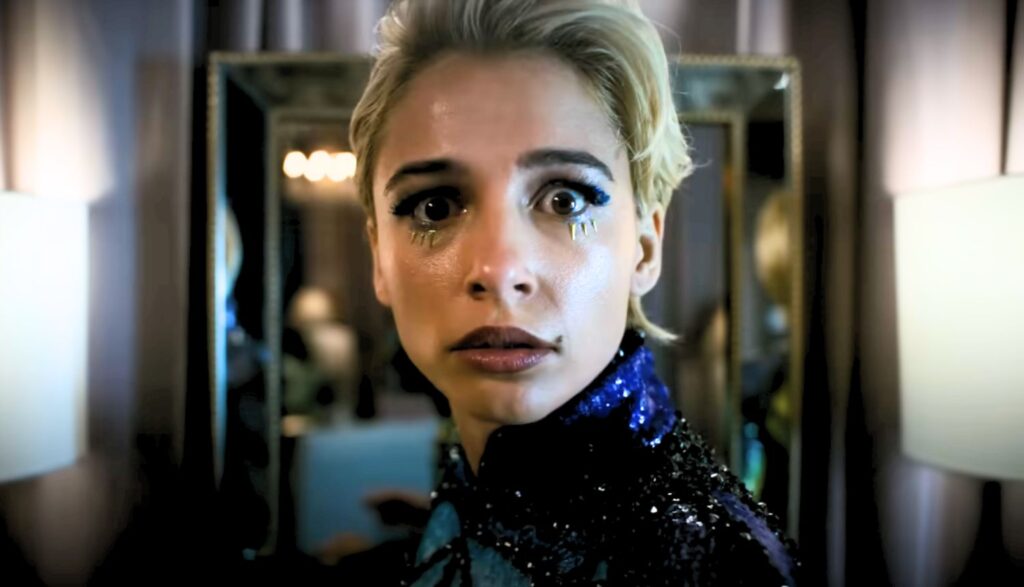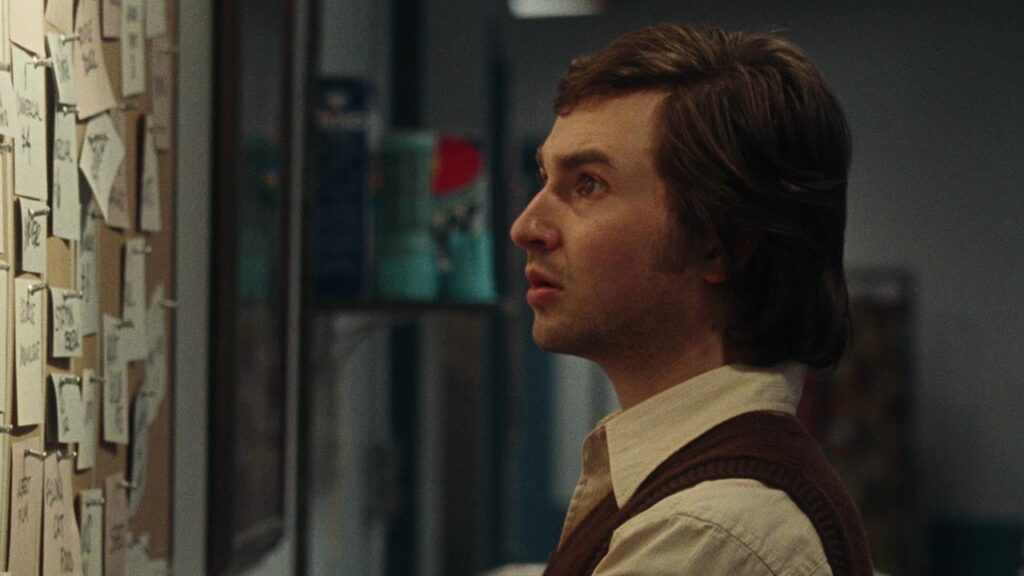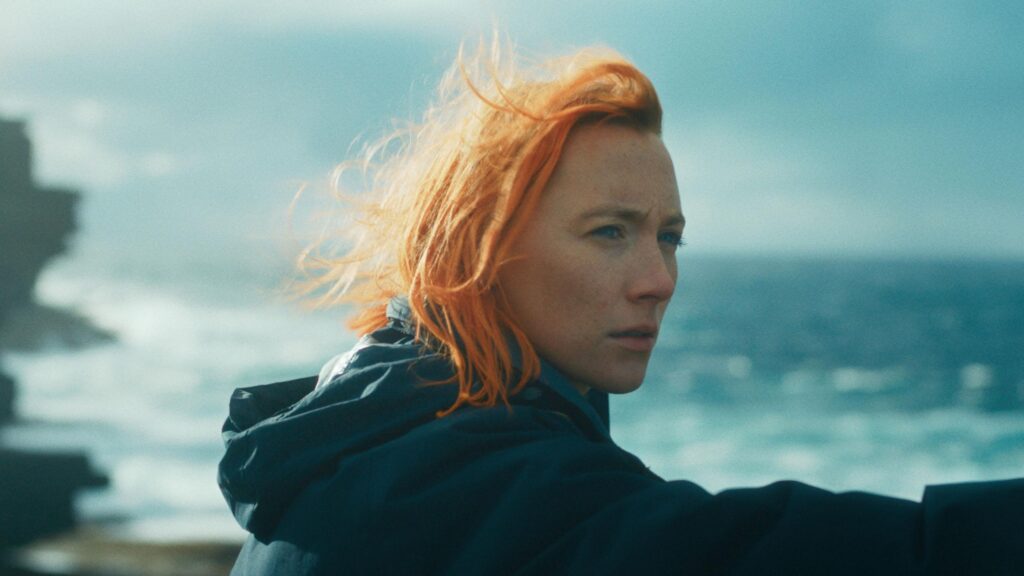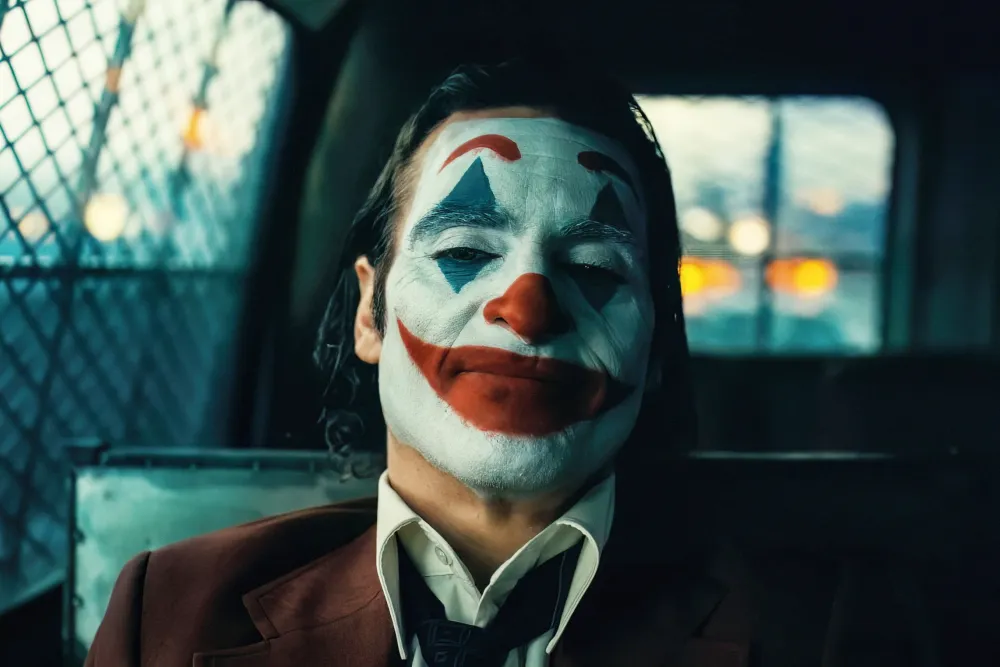Venom, the Last Dance: Love at First Parasite
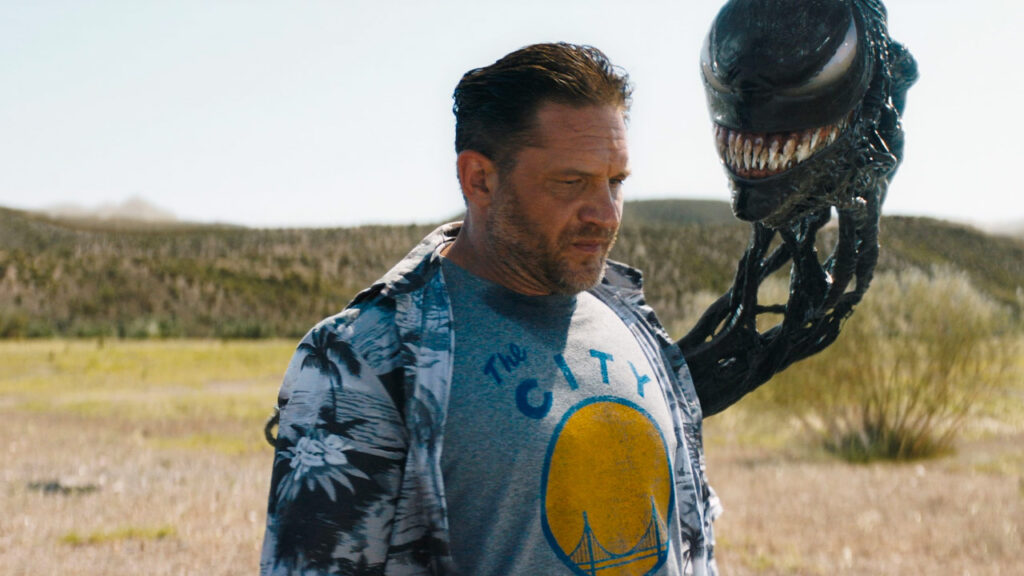
Midway through Venom: The Last Dance, the titular symbiote—it’s no longer considered a parasite, given that it’s reached a state of internal harmony with its host, Eddie Brock—gets existential. “Sometimes, I wonder if we could have had a different kind of life,” the personified mass of black goo muses, its guttural growl sounding oddly muted, even gentle. Eddie and Venom are passengers in a van belonging to a dorky nuclear family, and the decidedly quaint behavior they witness—a symphony of dad jokes, stale snacks, and off-key sing-alongs—activates in them a wistful jealousy. If they weren’t always embroiled in superhero shenanigans, might they have a shot at actual happiness?
This is a nice little moment in a movie that is neither nice nor little. As audience members dutifully shuffling into the multiplex for our periodic dose of franchise medicine, we have been primed to anticipate a loud and hectic blockbuster, replete with noisy action and arcane comic-book references and garish special effects. For this reason, Venom’s gesture of self-reflection is purely hypothetical—a temporary respite before we return to the obligatory clashing and crashing. Yet I can’t help fixating on Venom’s fleeting rumination, because I confess to wondering the same thing. Instead of operating as a de rigueur superhero flick, might The Last Dance have subsisted as, well, something else? Maybe a wayward buddy comedy, or a heist thriller, or a road-trip jaunt? Read More

